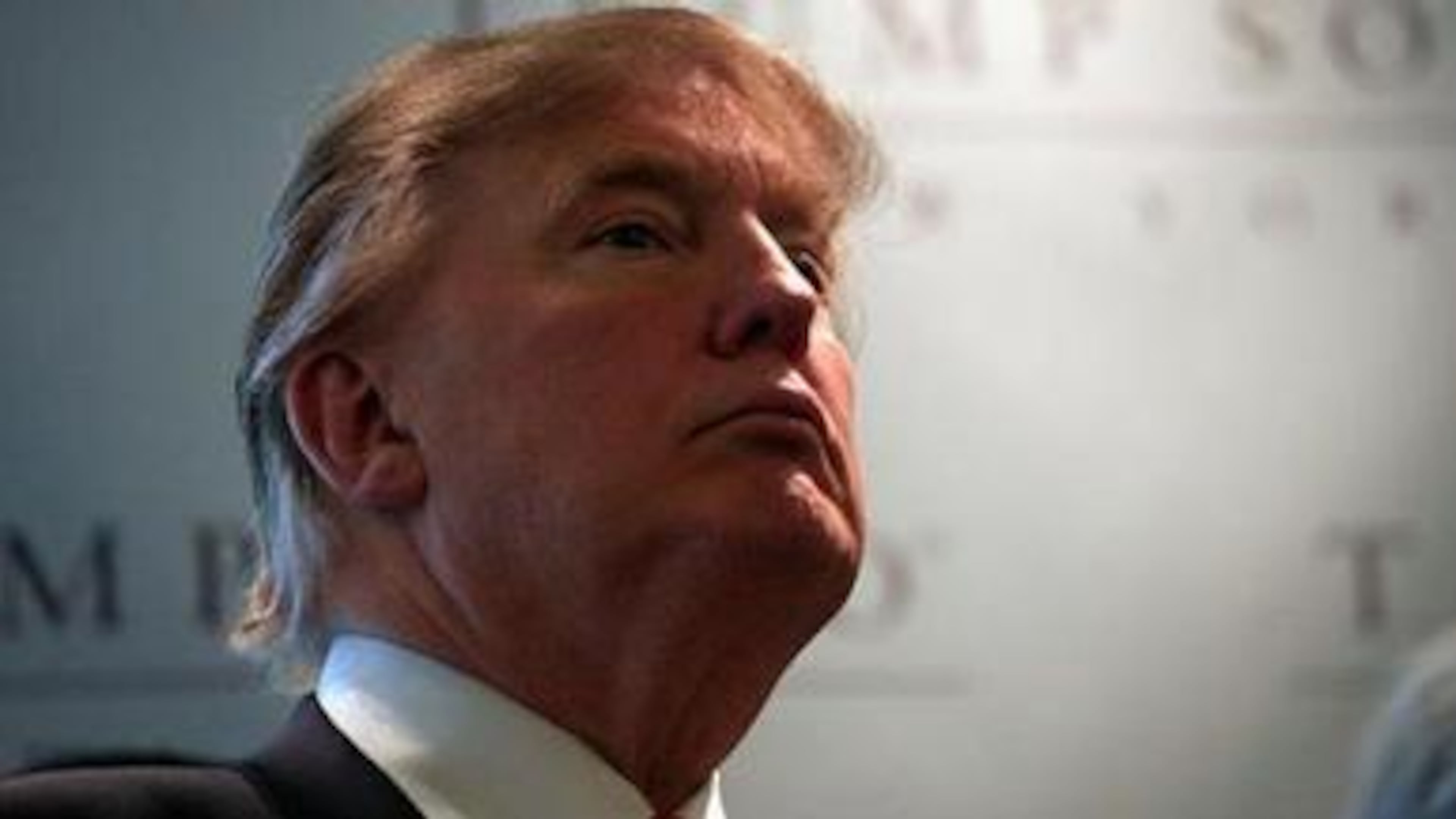Is this the end of Trump '16? I very much doubt it

Donald Trump said something truly dumb over the weekend, which isn't exactly news. The news came in the reaction of his fellow Republicans, who finally saw the chance they had sought to gang up on the interloper and take him down.
This time, the target for Trump's venom was John McCain, with whom Trump has been feuding. “He’s not a war hero,” Trump said dismissively during an Iowa appearance. “He was a war hero because he was captured. I like people who weren’t captured.”
Some thoughts on the "controversy":
1.) What Trump said was repugnant, and the subsequent criticism is deserved. As a prisoner of war, McCain suffered more than five years of torture and degradation, and by all accounts he did so with an incredible degree of bravery. And while McCain was held captive in the Hanoi Hilton, taking beatings and enduring two years of solitary confinement, Trump was enjoying a series of draft deferments, including a mysterious medical deferment.
2.) What Trump said was over the top, but it was also perfectly in character, driven by the same meanness of spirit and resentment that defines Trump the man, Trump the candidate and Trump the political movement.
3.) The reaction of Trump's fellow Republicans could serve as a model of wolfpack dynamics. With a few exceptions, the most notable being Rick Perry, they had previously lacked the courage to take on Trump directly, fearing his wrath. But the moment they sensed weakness, they felt free to turn on him en masse.
4.) The Republican establishment, which had refused to separate itself from Trump over his comments on immigration, jumped at the chance this time. "Senator McCain is an American hero because he served his country and sacrificed more than most can imagine," said Sean Spicer, communications director for the Republican National Committee. "There is no place in our party or our country for comments that disparage those who have served honorably.”
5.) While I agree with Spicer, the sanctimony is too glaring to go unmentioned. The GOP showed no scruples whatsoever about disparaging honorable service back in 2004, when attacking the combat-zone service of John Kerry in Vietnam became a central strategy of the Republican effort to re-elect President Bush. It was highly orchestrated, well-funded and thoroughly dishonest. As I've noted before, I was on the floor of the GOP convention in New York that year as hundreds of smug-faced delegates donned tiny Band-aids to mock Kerry's heroism. I grew up in a military household and was taught to respect those in uniform, particularly who had volunteered for combat, and I thought it was the most shameful thing I had seen in American politics. That opinion has not changed.
(To his credit, McCain spoke out in defense of Kerry in 2004, urging President George Bush and the Republican Party to condemn the attacks on Kerry's service. His pleas were met with silence. Kerry returned the favor over the weekend, condemning Trump comments about McCain and pointedly asking where Trump was while Kerry and McCain were in Vietnam.)
6.) Some political observers believe that this represents the high-water mark for Trump, but I'm not so sure. The element of the GOP base that gravitates toward the Donald -- the bigots, the birthers, the deeply resentful -- never had much affection or even respect for McCain in the first place. They tend to view McCain as a compromiser and even a RINO, and they have been trained to believe that no attack on a political opponent is too outlandish as long as it plays to their own biases. Trump is the inevitable consequence of that amoral mindset, and if this cements his standing as a party outsider, it could even play to his advantage.


